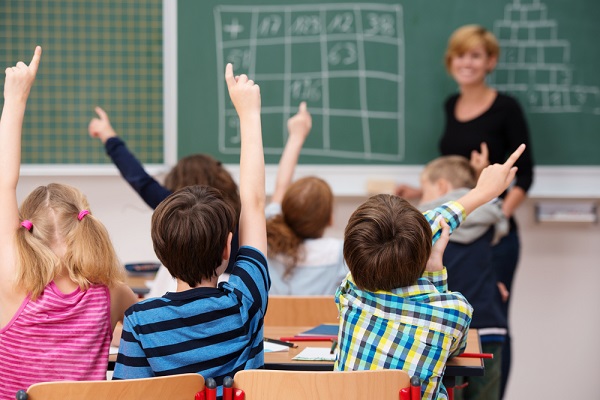
Luxembourg's Ministry of Education, Children and Youth has announced that the pilot phase of the use of rapid tests in schools will run from tomorrow, Wednesday 24 March, until Friday 2 April 2021.
Regularly testing school students and teachers is an essential part of the Education Ministry's anti-COVID strategy. The introduction of rapid tests in schools follows the Large-Scale Testing campaigns (PCR tests) geared towards the education sector and the interventions of mobile testing teams in schools. The objective remains the same: to guarantee maximal opportunities for education and minimal opportunities for the virus to spread.
According to the Education Ministry, the arrival on the market of tests providing a result after fifteen minutes and which children can perform themselves from the age of six could constitute a turning point in the prevention of infections in schools and the monitoring of the spread of the virus.
A pilot phase of the use of rapid tests in schools will commence this Wednesday. Its aim is to enable the authorities to observe the progress of operations as well as any difficulties and to define the procedures to be taken before a potentially more general deployment of rapid tests after the Easter holidays.
9,000 SARS-CoV-2 Rapid Antigen Test kits, selected in collaboration with the National Health Laboratory (Laboratoire National de Santé - LNS), have been ordered for this pilot phase. They will be distributed on Wednesday to six pilot schools, including four primary schools (Luxembourg - Beggen; Esch-sur-Alzette - Lallange; Sanem - Scheierhaff; Dudelange - Lenkeschléi) and two secondary schools (Atert Lycée Redange and Lycée Hubert Clément Esch-sur-Alzette) .
In participating classes, all students will be able to test themselves. In primary schools, only cycles 2 to 4 can carry out this exercise in the classroom. Cycle 1 students will receive a test to be carried out with their parents at home.
Parents of minors will be asked to give their written consent to the participation of their child, as will the adults concerned.
This week, students, parents and teachers will be informed by a letter of the progress of the procedure of the pilot phase. Each student and teacher will receive a kit that they will take home where they can try it out as a family.
The following week (29 March to 2 April), each student participating in the pilot phase will take a test at school, under the supervision of a teacher. Cycle 1 students will continue to receive a home kit. Teachers in the relevant classes will also have the opportunity to take the test.
Schools will provide teachers with an explanatory guide as well as an evaluation sheet where they can note their observations of the progress of the self-tests in their respective classes. On the basis of the analysis of all the files, the Education Ministry, in consultation with the Ministry of Health, will decide on the advisability of making the self-tests more widely available and the procedures to be put in place for the activities within the remit of the Education Ministry.








